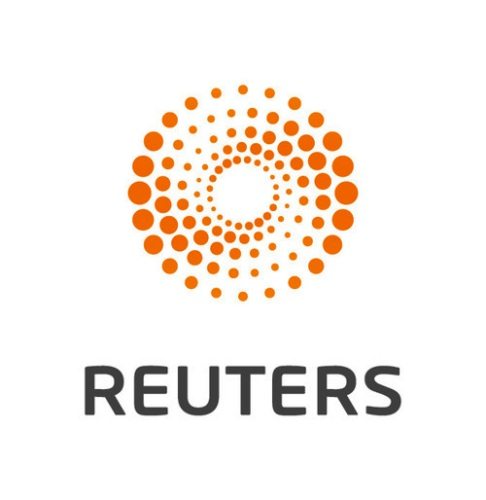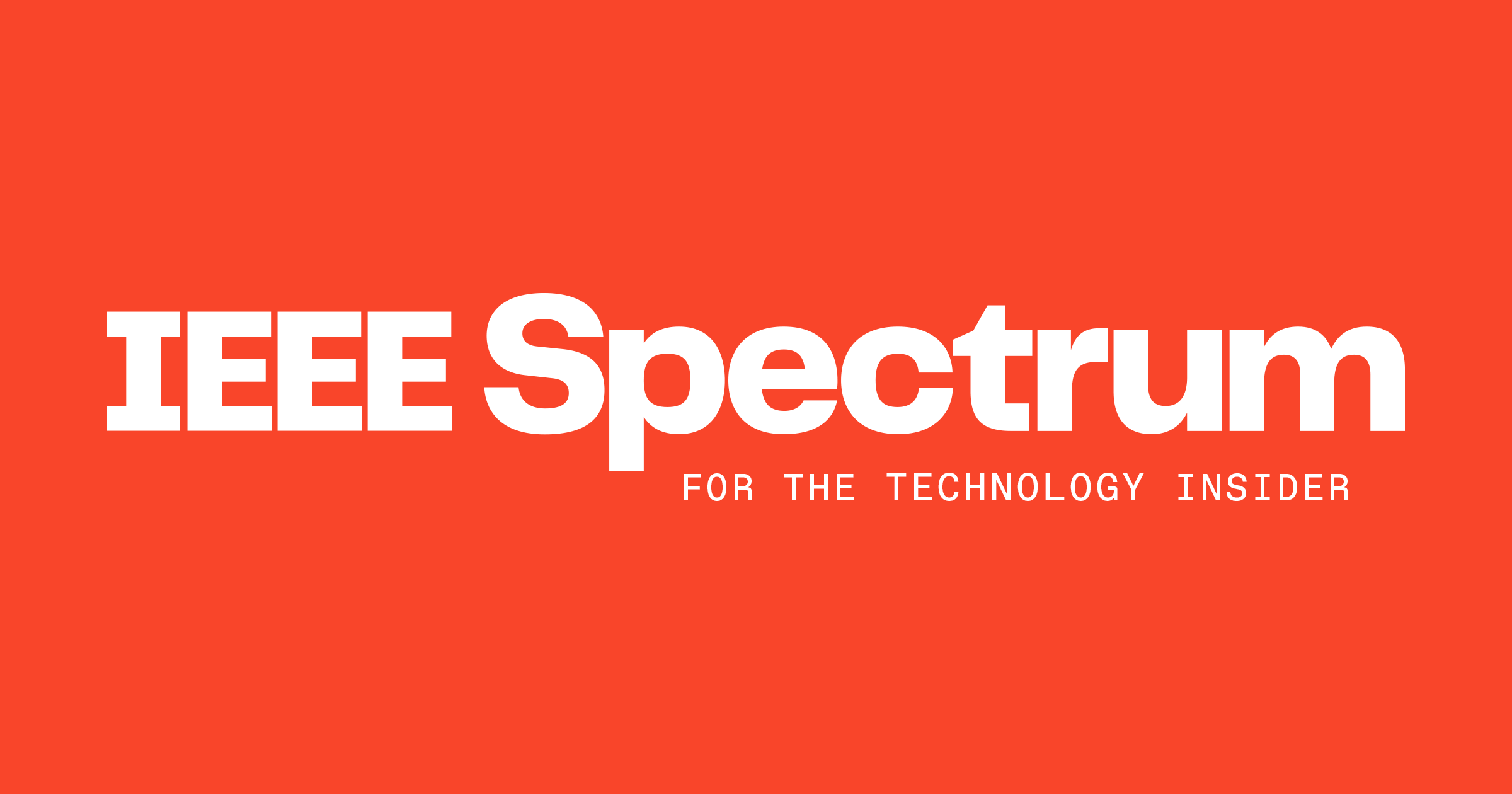Social Media, News and Political Information during the US Election: Was Polarizing Content Concentrated in Swing States?
US voters shared large volumes of polarizing political news and information in the form of links[...]
Read more
Rightwing populist AfD dominates German Twitter, new study shows
Research by myself and my colleagues at the COMPROP team on the 2017 German election was covered[...]
Read moreJunk News and Bots during the German Parliamentary Election: What are German Voters Sharing over Twitter?
Automation and propaganda can significantly impact public life during important policy debates, elections, and political crises. We[...]
Read more
Far right makes most noise on Twitter in German election
Research by myself and my colleagues at the COMPROP team on the 2017 German election was covered[...]
Read more
Should Facebook Ads Be Regulated Like TV Commercials?
I spoke to the Atlantic for this story about regulating political advertising on Facebook.
Read more
Spreading fake news becomes standard practice for governments across the world
Our research on government-sponsored social media manipulation was featured in a Washington Post article.
Read more
How Bots Win Friends and Influence People
Along with the project’s work, I was featured in a short article on bots in IEEE Spectrum
Read more
Oxford profs tell Twitter, Facebook to take action against political bots
Our case study series was covered in the Register.
Read moreComputational Propaganda Worldwide: Executive Summary
The Computational Propaganda Research Project at the Oxford Internet Institute, University of Oxford, has researched the[...]
Read more
Facebook and Twitter are being used to manipulate public opinion – report
Our case study series on computational propaganda worldwide was featured in the Guardian
Read moreIs Social Media Killing Democracy? Computational Propaganda, Algorithms, Automation and Public Life
The Oxford Internet Institute presents Professor Philip Howard’s Inaugural Lecture. The design and implementation of social[...]
Read moreSocial Media and News Sources during the 2017 UK General Election
Platforms like Twitter and sources like Wikipedia are important parts of the information diet for many[...]
Read moreJunk News and Bots during the 2017 UK General Election
Computational propaganda distributes large amounts of misinformation about politics and public policy over social media platforms.[...]
Read more
How social media filter bubbles and algorithms influence the election
Our research and insight was featured extensively in a Guardian article about the 2017 UK General Election.
Read more
Facebook could tell us how Russia interfered in our elections. Why won’t it?
This month, one of the most important intelligence documents about Russian interference in the U.S. election[...]
Read moreJunk News and Bots during the French Presidential Election (Round I)
Computational propaganda distributes large amounts of misinformation about politics and public policy over social media platforms.[...]
Read more